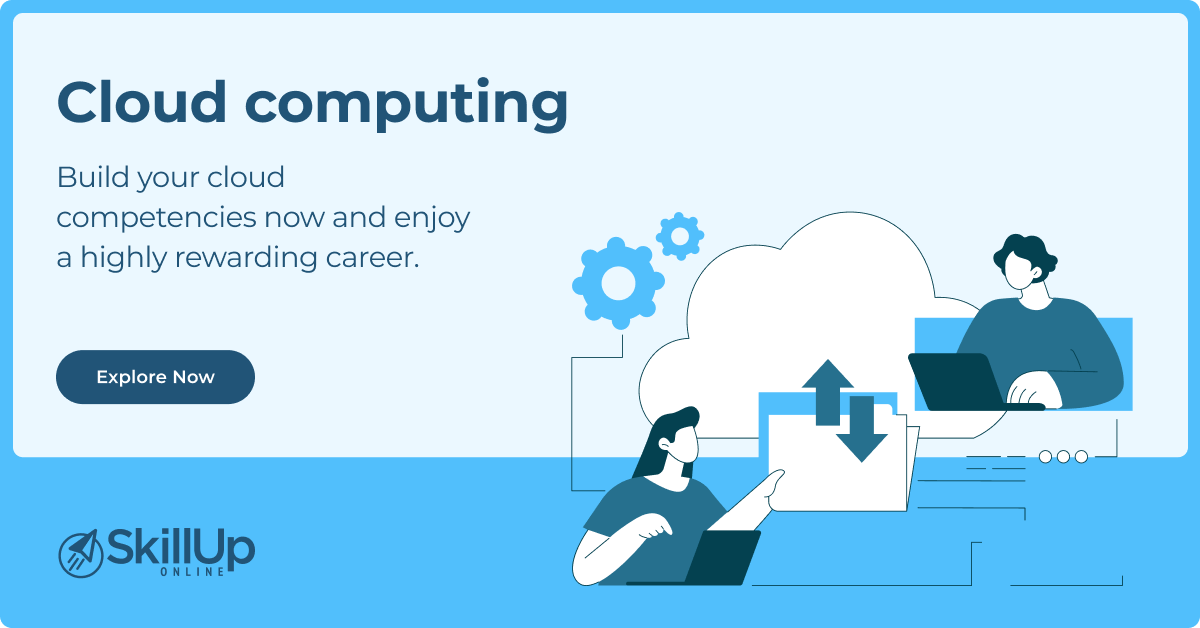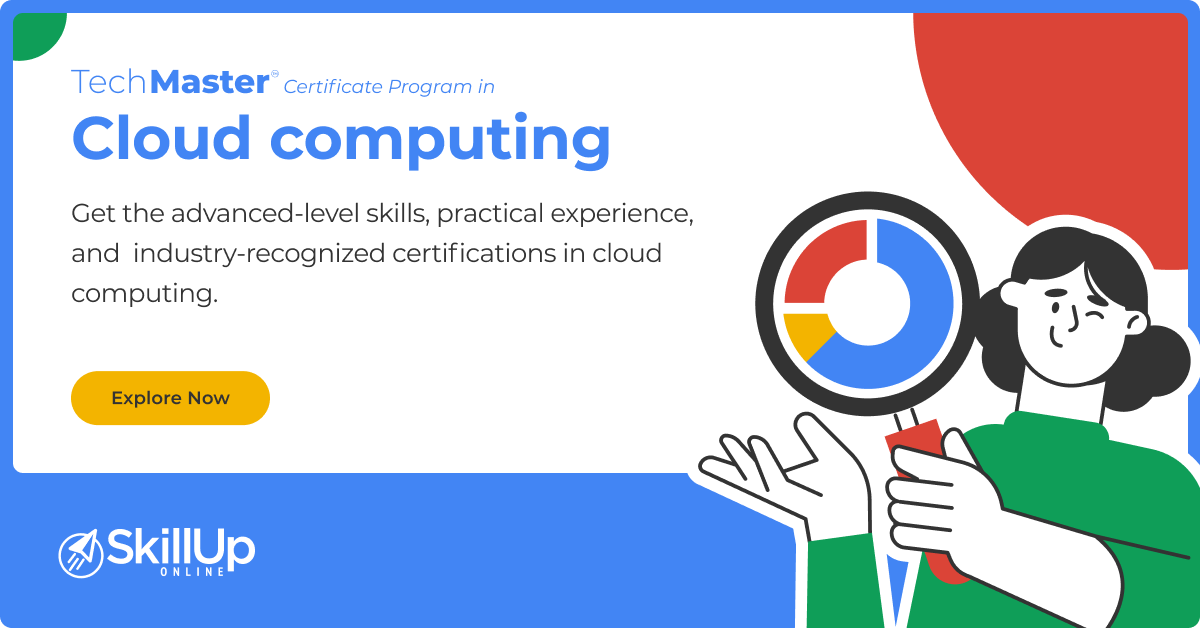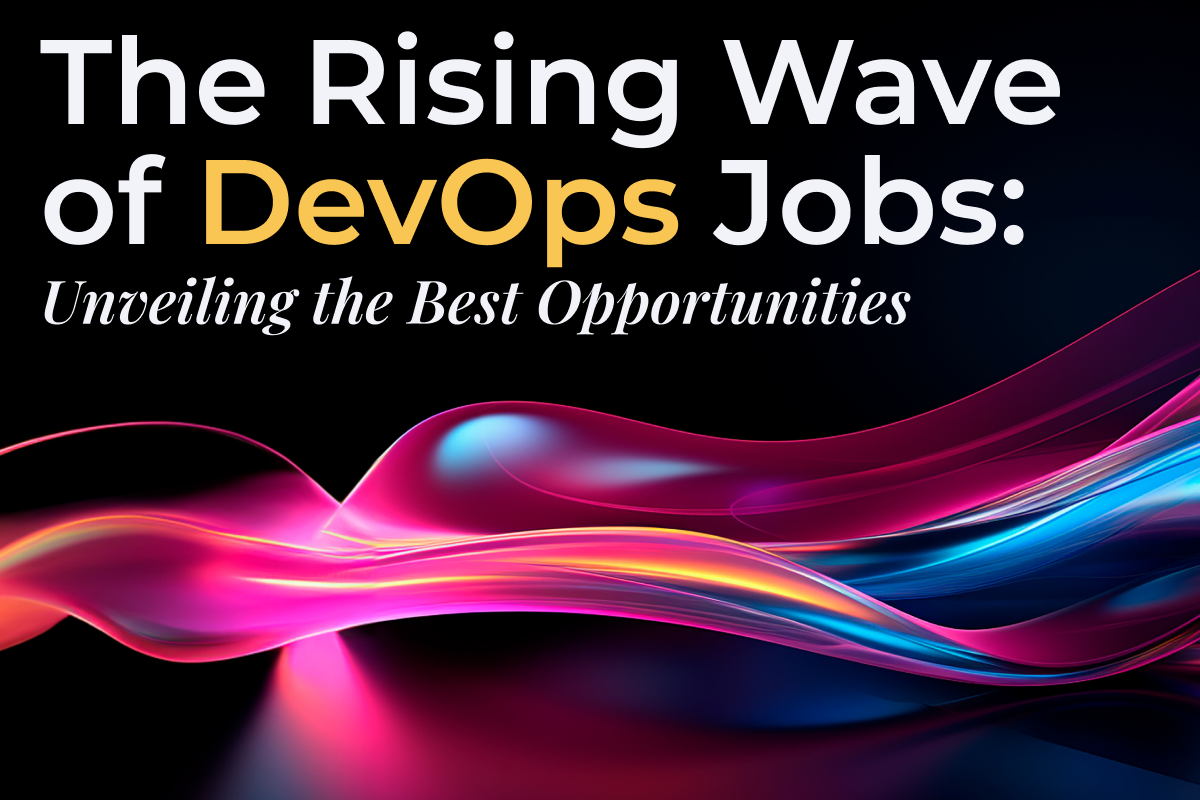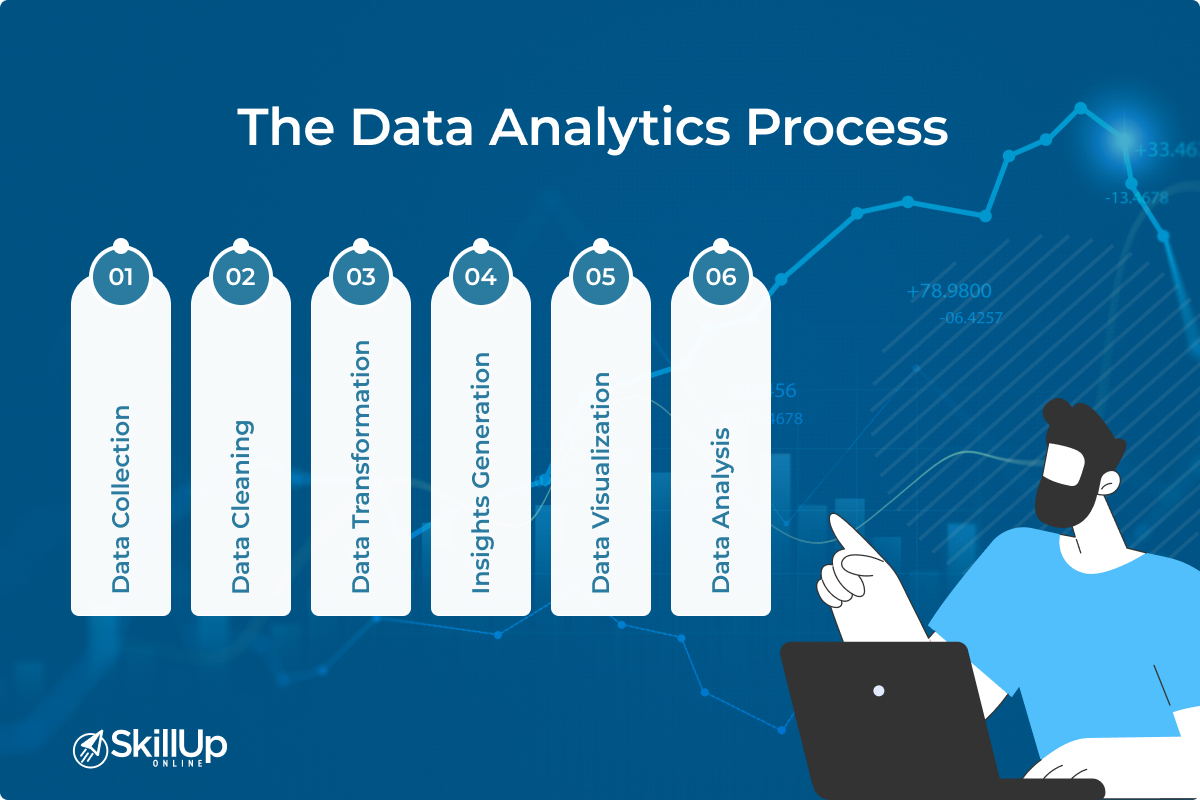In the ever-evolving landscape of cloud computing, organizations are increasingly turning to multi-cloud strategies to maximize their capabilities and stay ahead in the digital realm. While public cloud providers like Amazon Web Services (AWS), Google Cloud Platform (GCP), and Microsoft Azure have established themselves as industry leaders, employing professionals who understand the intricacies of each platform is crucial for businesses striving to harness their true potential.
The advent of cloud computing has revolutionized the way organizations approach infrastructure, application deployment, and data management. Among the leading cloud platforms, Amazon Web Services (AWS), Microsoft Azure, and Google Cloud have become the backbone of modern businesses. These industry titans are now a game-changer for organizations, each offering their own unique advantages. The Flexera 2023 State of the Cloud Report reveals that 87% of respondents are already pursuing a multi cloud strategy, with 72% cleverly combining public and private clouds for a hybrid approach.
So, whether you’re a seasoned cloud enthusiast or a curious explorer stepping into the cloud realm, you have a lot to look forward to. By diving deep into all three cloud platforms, you’ll unlock a treasure trove of rewarding career opportunities.
The importance of AWS, Azure, and Google Cloud
Before we dive deep into the subject, let’s first understand the importance of the three cloud platforms – AWS, Azure & Google Cloud. These three platforms have emerged as the giants of the cloud computing landscape, each offering a comprehensive suite of services and tools that cater to a wide range of business needs. Understanding the significance of these platforms is paramount for any organization seeking to thrive in the digital era.
The scalability and flexibility provided by AWS, Azure, and Google Cloud are unmatched, making them ideal choices for businesses adopting a multi-cloud strategy. With their vast array of services and abundant resources, organizations can easily expand their infrastructure and adapt to changing demands. Furthermore, these cloud providers have established a global presence, ensuring that businesses can reach their customers and deliver services with minimal latency worldwide. AWS, Azure, and GCP have strategically located data centres across various regions, allowing organizations to distribute their applications and data geographically.
However, you might wonder why businesses should adopt multiple cloud platforms instead of relying on just one. Are there any advantages of adopting three different cloud platforms?
Advantages of AWS in cloud computing
Amazon Web Services (AWS) has established itself as the undisputed leader in the cloud computing space. It provides many services, including computing power, storage options, and databases, enabling businesses to build sophisticated applications easily.
AWS’s robust security measures, scalability, and pay-as-you-go pricing model make it attractive for start-ups and established enterprises. Its global presence and highly reliable infrastructure have made AWS the go-to platform for businesses seeking unparalleled performance and reach.
Azure’s hybrid capabilities
One of Azure’s most significant advantages lies in its hybrid capabilities that allow applications to run both on-premises and in the cloud. This unique feature is highly valuable for businesses with specific regulatory or compliance requirements, as it offers the best of both worlds.
Azure’s wide range of services, including AI and machine learning tools, provide organizations with the tools they need to innovate and stay competitive. Azure offers a compelling proposition for businesses heavily reliant on Microsoft technologies. If you’re working in the cloud arena, therefore, it’s good to explore options in Azure technologies.
Google Cloud Platform enables innovation and agility in business operations
Google Cloud Platform (GCP) has earned a reputation for its cutting-edge technologies and exceptional performance. GCP’s focus on data analytics, artificial intelligence, and machine learning sets it apart.
Businesses seeking to leverage data-driven insights and enhance innovation find Google Cloud a natural choice. With its vast network of data centers and a commitment to sustainability, GCP is a preferred option for forward-thinking enterprises aiming to minimize their environmental impact.
Which cloud platform should I learn?
Choosing the right cloud platform to specialize in is a common concern for aspiring cloud professionals. When it comes to choosing which cloud platform to learn among the popular options – AWS, Azure, and GCP – it’s like deciding between three heavyweights in the ring, each platform has its own benefits. The question you need to ask yourself, therefore, is which should I learn first.
- Amazon Web Services (AWS):
As the market leader in cloud computing, AWS offers a comprehensive suite of services and tools. It boasts a vast range of offerings, including computing power, storage options, and databases, as well as advanced technologies like machine learning and analytics. AWS has a strong global presence and an extensive customer base, making it a popular choice for organizations of all sizes. This means that professionals looking to develop a successful career in cloud need to pick up AWS skills at some point in their journey. Your resume will have something missing if you don’t.
- Azure (Microsoft Azure):
Azure, provided by Microsoft, offers a powerful set of cloud services for building, deploying, and managing applications. It seamlessly integrates with Microsoft’s ecosystem, making it an attractive option for businesses already utilizing Microsoft technologies. Azure provides a broad range of services, including virtual machines, data storage, and AI capabilities, and has strong support for hybrid cloud scenarios. Because of the significant number of businesses that use Microsoft technologies, it’s important that professionals include Azure skills within their portfolio. With this brand highlighted on your resume, you will open opportunities in multi-cloud organizations that would otherwise be closed to you.
- Google Cloud Platform (GCP):
GCP is Google’s cloud computing platform that provides a suite of scalable and flexible cloud services. It emphasizes innovation and offers advanced tools for data analytics, machine learning, and big data processing. GCP’s global infrastructure is known for its reliability and performance, and it’s particularly popular among organizations looking to leverage Google’s expertise in data-intensive and AI-driven applications. Google Cloud might be third in the running for multi-cloud, but many organizations do include it in their strategy. So, it’s important to build skills in GCP as you progress through your career.
Why a multi-cloud learning strategy is essential for a cloud career
So, as you can see, AWS, Azure and Google Cloud are undoubtedly the big players in the cloud arena and each of these platforms provide some unique features and services. Opting for a multi-cloud learning strategy will not only help you optimize solutions across different providers but will also leverage your career growth. According to Talent.com, the entry-level salary of a cloud engineer in the US is around $110,000 per year. As more and more organizations are adopting a multi-cloud strategy, the demand for multi-cloud professionals has sky-rocketed, resulting in better renumeration and career opportunities.
Recruiters are, therefore, always on the hunt for skilled multi-cloud engineers. The tech gap caused by the lack of specific in-demand skills has made multi-cloud a booming career option. So, to ensure that you stand out in the job-market, it is essential to give special attention to in-demand multi-cloud skills.
Navigating the learning journey
While all these three cloud providers offer exceptional features, choosing the best one to learn first primarily depends on your career goals, industry trends, and personal preferences. However, it is worth noting that AWS has a considerable market share and a vast ecosystem of services, making it a safe bet for many learners. With its integration with Microsoft technologies, Azure holds promise in enterprise environments. While Google Cloud’s emphasis on data analytics and machine learning appeals to data-driven industries.
If you are concerned about not having a professional degree, you need not worry. While a college degree may be beneficial, it is now optional for many organizations. If you have the requisite skills, experience, and knowledge, this will far outweigh the benefits of having a professional degree.
To embark on your learning journey, you could consider the following steps:
- Start with Fundamentals:
Build a strong foundation in cloud computing concepts, terminology, and architecture. Familiarize yourself with virtualization, networking, security, and storage fundamentals.
- Choose Your Focus:
Identify your specific interests within cloud computing, such as infrastructure management, data analytics, machine learning, or DevOps. This will help you determine the most relevant certifications and skills to pursue.
- Gain Hands-On Experience:
Acquire practical experience by working on real-world projects, setting up virtual environments, and experimenting with cloud services. Platforms like AWS, Azure, and Google Cloud offer free-tier options for learners to gain hands-on experience.
- Pursue Certifications:
Industry-recognized certifications validate your expertise and enhance your employability. AWS offers certifications like AWS Certified Solutions Architect, Azure provides Azure Solutions Architect Certification and Azure Developer certifications, while Google Cloud offers the Google Cloud Architect certification. With SkillUp Online, you can also cover all three in one go with the advanced Tech Master Certificate Program in Cloud Computing to kick-start your career growth.
- Engage in Continuous Learning:
It’s imperative that you stay updated with the latest advancements in cloud computing by participating in webinars, attending conferences, and joining online communities. Continuously enhancing your skills will keep you competitive in the ever-evolving cloud landscape.
Next steps for you
As the world embraces the transformative power of cloud computing, the knowledge of AWS, Azure, and Google Cloud has become indispensable for aspiring learners seeking to make their mark in the cloud computing industry.
These three platforms offer unique advantages, and proficiency in all of them opens doors to diverse career opportunities. The multi-cloud approach has become increasingly relevant in today’s business landscape, enabling organizations to harness the best of each cloud provider’s offerings. By investing in cloud knowledge, you can future-proof your career and become a key player in shaping tomorrow’s technological landscape.
If you would like to know more about how you can build skills and get started as a multi-cloud specialist, contact our Learner Support Team at [email protected]. They will be more than happy to guide you on your next steps.
SkillUp Online









